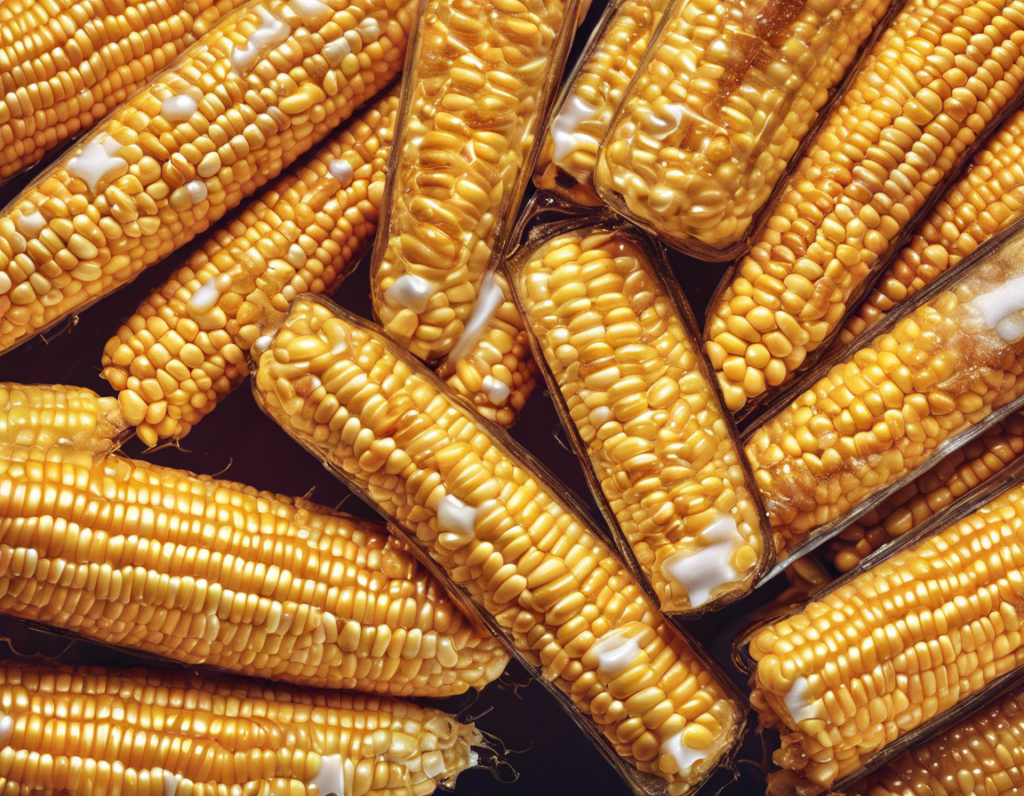High Fructose Corn Syrup (HFCS) is a commonly used sweetener in many processed foods and beverages. It has been a topic of controversy and debate due to its potential negative health effects. In this comprehensive guide, we will delve into what HFCS is, its presence in various food products, its impact on health, and provide tips on how to limit consumption.
What is High Fructose Corn Syrup (HFCS)?
HFCS is a liquid sweetener made from corn starch through the process of enzymatic conversion. It primarily contains fructose and glucose, with varying ratios depending on the type of HFCS. The most common types are HFCS-42 (42% fructose) and HFCS-55 (55% fructose). It is widely used in the food industry due to its low cost, sweetness, and ability to enhance flavor and texture in processed foods.
Where is HFCS Found?
HFCS is present in a wide range of processed foods and beverages, including but not limited to:
– Soft drinks
– Cereals
– Candies
– Baked goods
– Salad dressings
– Condiments
– Canned fruits
– Yogurts
– Ice creams
Health Impact of HFCS
1. Obesity:
Consumption of HFCS has been linked to the rising obesity rates, primarily due to its high caloric content and negative effects on metabolism.
2. Insulin Resistance:
High intake of HFCS can lead to insulin resistance, a precursor to type 2 diabetes and other metabolic disorders.
3. Liver Health:
HFCS is metabolized in the liver, and excessive consumption can contribute to fatty liver disease and other liver problems.
4. Heart Health:
Studies suggest that HFCS consumption may increase the risk of heart disease by raising triglyceride levels and promoting inflammation.
How to Reduce HFCS Consumption
1. Read Labels:
Be mindful of food labels and choose products that are HFCS-free or contain natural sweeteners.
2. Cook at Home:
Preparing meals and snacks at home allows you to control the ingredients and reduce reliance on processed foods.
3. Choose Whole Foods:
Opt for whole fruits, vegetables, lean proteins, whole grains, and nuts to avoid hidden sources of HFCS.
4. Limit Sugary Drinks:
Cut back on sugary beverages like soft drinks, energy drinks, and sweetened teas which are major sources of HFCS.
5. Moderation:
If consuming food products with HFCS, do so in moderation and balance it with a healthy diet rich in nutrients.
Frequently Asked Questions (FAQs)
1. Is High Fructose Corn Syrup worse than regular sugar?
Despite the debate, both HFCS and table sugar (sucrose) have similar effects on health when consumed in excess. It’s the overall dietary pattern that matters most.
2. Can HFCS cause addiction?
Some research suggests that excessive consumption of HFCS may lead to addictive behaviors, similar to those associated with sugar.
3. Are there healthier alternatives to HFCS?
Yes, healthier natural sweeteners like honey, maple syrup, Stevia, and dates can be used in moderation as alternatives to HFCS.
4. Does HFCS only contribute to weight gain?
While HFCS is associated with obesity, it can also contribute to various metabolic disorders such as heart disease, diabetes, and fatty liver.
5. Why is HFCS used in so many products?
HFCS is favored by the food industry due to its low cost, preservation qualities, and ability to provide sweetness and enhance flavors.
In conclusion, while HFCS is widely used in the food industry, being aware of its presence in products and making conscious choices can help in reducing its consumption. By opting for whole foods, reading labels, and moderating intake, it is possible to limit the negative health impacts associated with high fructose corn syrup.
